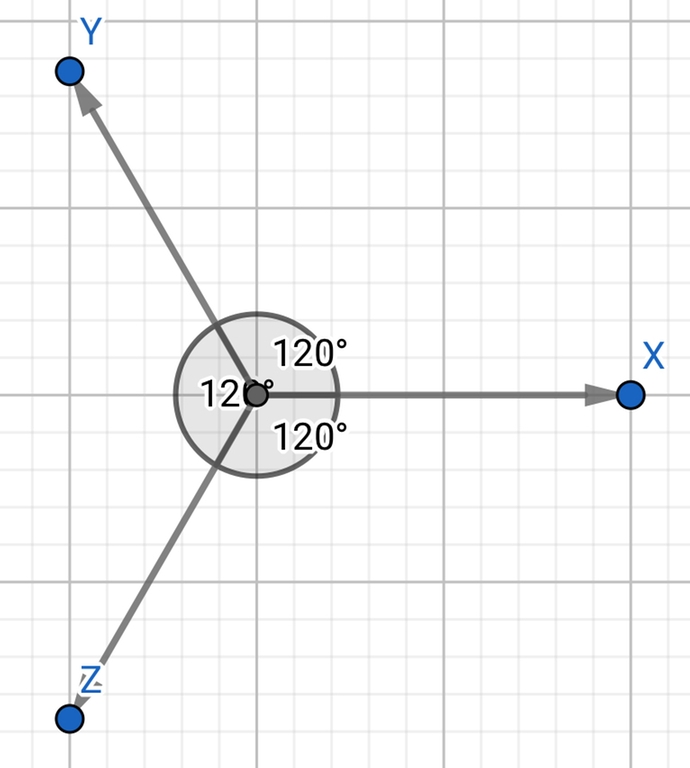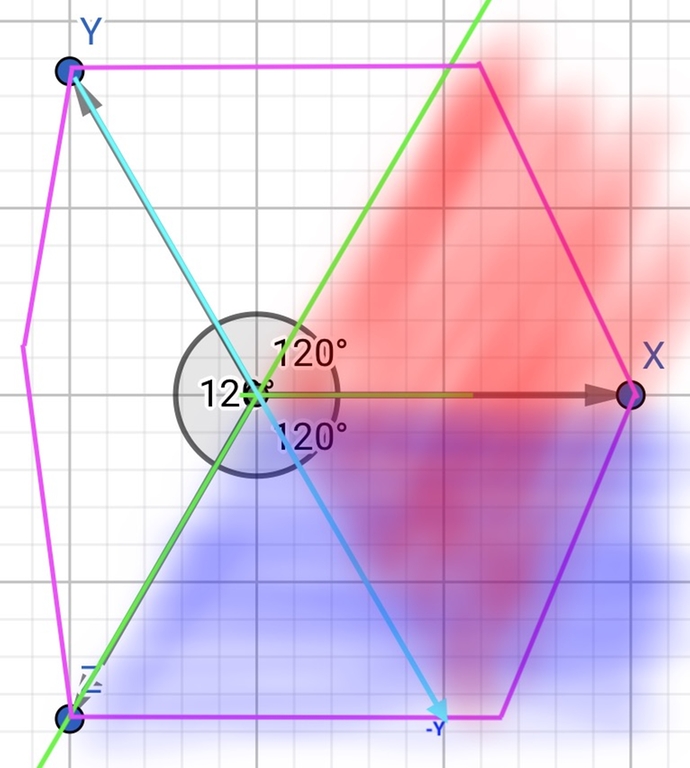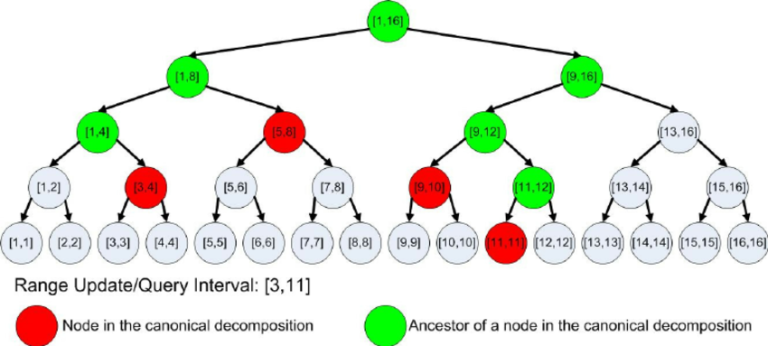Introduction
Radix sort is a sorting algorithm that sorts elements by grouping them based on their digits. It is a non-comparative sorting algorithm that is faster than many other sorting algorithms, including the default std::sort function in C++. In this blog post, we will explore how radix sort works and how to implement it in C++.
How Radix Sort Works
In radix sort, we sort elements based on their digits, starting from the least significant digit to the most significant digit. We group the elements based on each digit and sort them accordingly. This process is repeated for each digit until all digits have been considered. The result is a sorted list of elements.
Implementing Radix Sort in C++
In this implementation, we first check if the input values are negative. If they are, we convert them to positive values, sort them, and then convert them back to negative values. We then loop through blocks of digits, starting from the least block, and sort the elements based on that block. We use a counting sort algorithm to sort the elements based on each block.
Performance Benchmarks
To compare the performance of radix sort with other sorting algorithms, we ran a benchmark test on several arrays of integers. Here are the results:
| Array Size | Data Type | Radix Sort Time (ms) | std::sort Time (ms) |
|---|---|---|---|
| 1000 | 64-bit integers | 0.503 | 0.098 |
| 1,000,000 | 64-bit integers | 84.32 | 177.304 |
| 100,000,000 | 64-bit integers | 8119.51 | 21297.8 |
| 1000 | 32-bit integers | 0.296 | 0.088 |
| 1,000,000 | 32-bit integers | 38.482 | 170.115 |
| 100,000,000 | 32-bit integers | 4418.55 | 20673.5 |
| 1000 | integers in range [0, 1e6) | 0.159 | 0.098 |
| 1,000,000 | integers in range [0, 1e6) | 17.277 | 168.051 |
| 100,000,000 | integers in range [0, 1e6) | 2098 | 17265.4 |
As you can see, radix sort is faster than the default std::sort function in C++ for most of the test cases.
Conclusion
Radix sort is a powerful sorting algorithm that can be used to sort elements faster than many other sorting algorithms. In this blog post, we explored how radix sort works and how to implement it in C++. We also compared the performance of radix sort with other sorting algorithms and found that it is faster than the default std::sort function in C++ for most test cases. I hope this blog post has been helpful to you!
You can find the source code and every things on https://github.com/Mohammad-Parsa-Elahimanesh/Radix-sort-Cpp.
If you have any opinion or criticism or if the code can be improved in terms of beauty or functionality, I would be very grateful to say it in the comments.
at end thanks Bing Ai to help me write this blog.
I hope to be useful for you!













